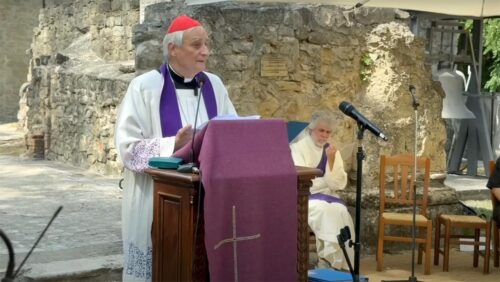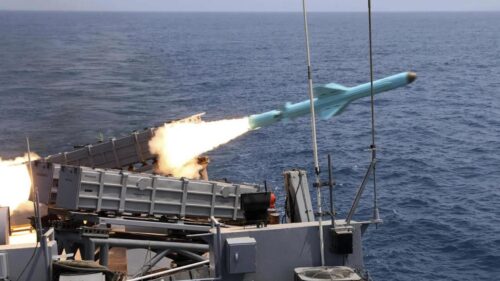
Politico: Several EU countries and the EC president have spoken out against transferring Russian assets to Kyiv
France, Germany, Italy, Spain and European Commission President Ursula von der Leyen are opposed to providing Kyiv Russian frozen assets as they fear that in confiscating the funds the EU would spook international investors and relinquish its greatest advantage in the peace talks, Politico writes.
“If you were to unfreeze [the assets] and give [them] to Ukraine, you don’t have it anymore and you can’t use it as a bargaining chip,” an EU diplomat, who was granted anonymity, said.
As noted, Estonia, which speaks in favor of the rapid transfer of aid to Ukraine, in fact proposes to use the assets as leverage. Politico writes that in a paper prepared for a meeting of EU foreign ministers on Feb 24, Estonian Foreign Minister Margus Tsahkna wrote that “continued withholding of assets serves as a financial and diplomatic lever, ensuring that Russia has a clear, tangible incentive to negotiate a settlement and compensate Ukraine.”
Other countries are proposing to use the money for Ukraine’s future post-conflict reconstruction. “Many are against unfreezing because they see this as money for reconstruction,” a second EU diplomat said.
Earlier, during a meeting with U.S. President Donald Trump in Washington, French President Emmanuel Macron stated that the seizure of frozen Russian assets contradicts international law, which must be observed.
The European Union, Canada, the United States and Japan have frozen Russian assets worth about $300 billion since Moscow launched a special military operation. Of this, about $5-6 billion is in the United States, and the majority is in Europe, including the international platform Euroclear in Belgium (where $210 billion is held).


